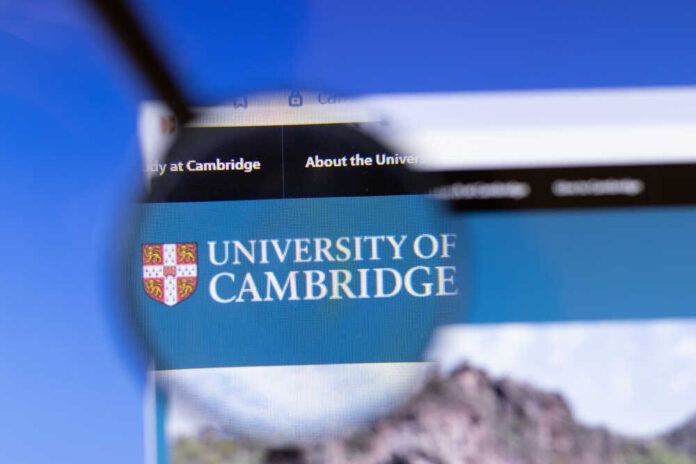
In a stunning reversal of historical understanding, Cambridge University’s Department of Anglo-Saxon, Norse, and Celtic (ASNC) is now reportedly teaching students that the term “Anglo-Saxon” does not define a unique ethnic group. This claim, part of a larger effort to confront “myths of nationalism,” raises questions about academia’s role in shaping our understanding of national identity and heritage.
Cambridge’s ASNC aims to “dismantle the basis of myths of nationalism,” implying that “Anglo-Saxon,” “English,” “Scottish,” “Welsh,” or “Irish” identities are not ancient or coherent. However, critics argue that this seemingly “anti-racist” stance undermines established historical perspectives and rejects national heritage’s importance.
Stupidity has no land barriers…
— Ariel (@GOP_Bonkai) June 4, 2023
“Imagine a university saying the same thing about, say, Aboriginal Australians, Maoris, or Native Americans,” noted political commentator Paul Embery, underscoring the perceived double standard.
Anglo-Saxon traditionally refers to the Germanic peoples – the Angles, Saxons, and Jutes – who settled in Britain following the end of Roman rule. This was the period of Old English epics such as Beowulf, which many historians consider integral to Britain’s cultural identity. Yet, some academics argue that the term Anglo-Saxon has been hijacked by race politics, fueling a charged debate.
In 2019, the International Society of Anglo-Saxonists changed its name due to supposed “problematic connotations” with the term Anglo-Saxon. This move followed the resignation of Dr. Mary Rambaran-Olm, who argued that the study of Anglo-Saxon history is imbued with “inherent whiteness.”
The ASNC’s position comes amid a broader academic movement tying historical Anglo-Saxon identity with perceived racism. Critics contend that this approach, predominantly driven by American academia, creates an unhelpful conflation between valid historical understanding and modern-day racial issues.
An open letter signed by over 70 academics in 2020 argued that the controversy over the term ‘Anglo-Saxon’ was primarily an American import. “The conditions in which the term is encountered, and how it is perceived, are very different in the USA from elsewhere,” it stated.
Defending the term’s historical authenticity, they noted, “From the 8th century, it was used externally to refer to a dominant population in southern Britain. Its earliest uses, therefore, embody exactly the significant issues we can expect any general ethnic or national label to represent.”
The debate reflects a growing cultural tension, the consequences of which could shape our understanding of historical identity for years to come. As Carl Benjamin, host of the Lotus Eaters Podcast, put it, “We are the English and we live in England. Simple as.” Erasing historical labels will not erase the pride of a people in their heritage.













